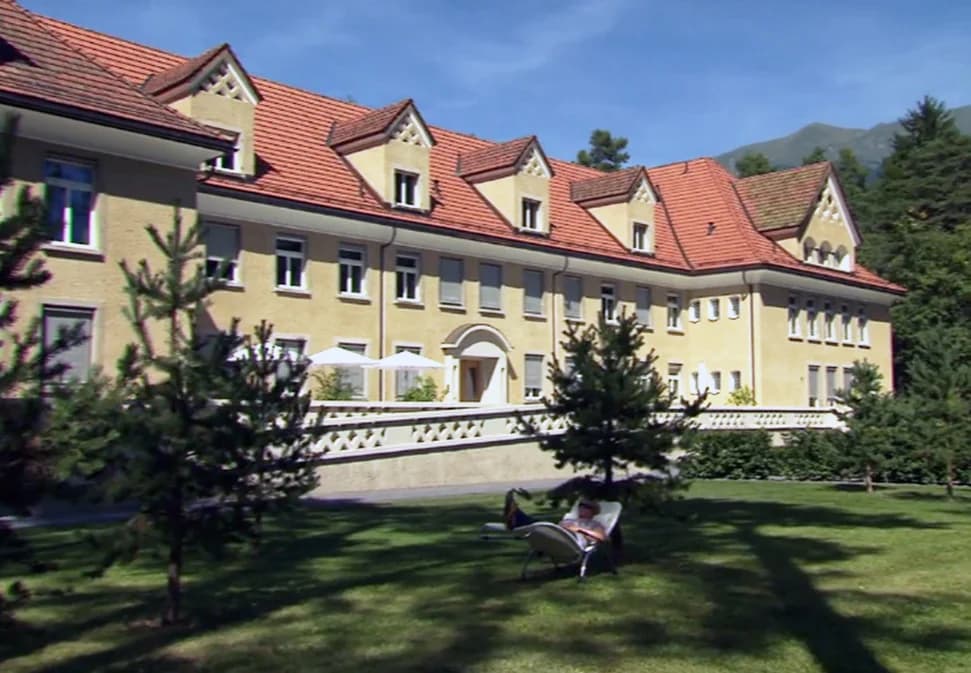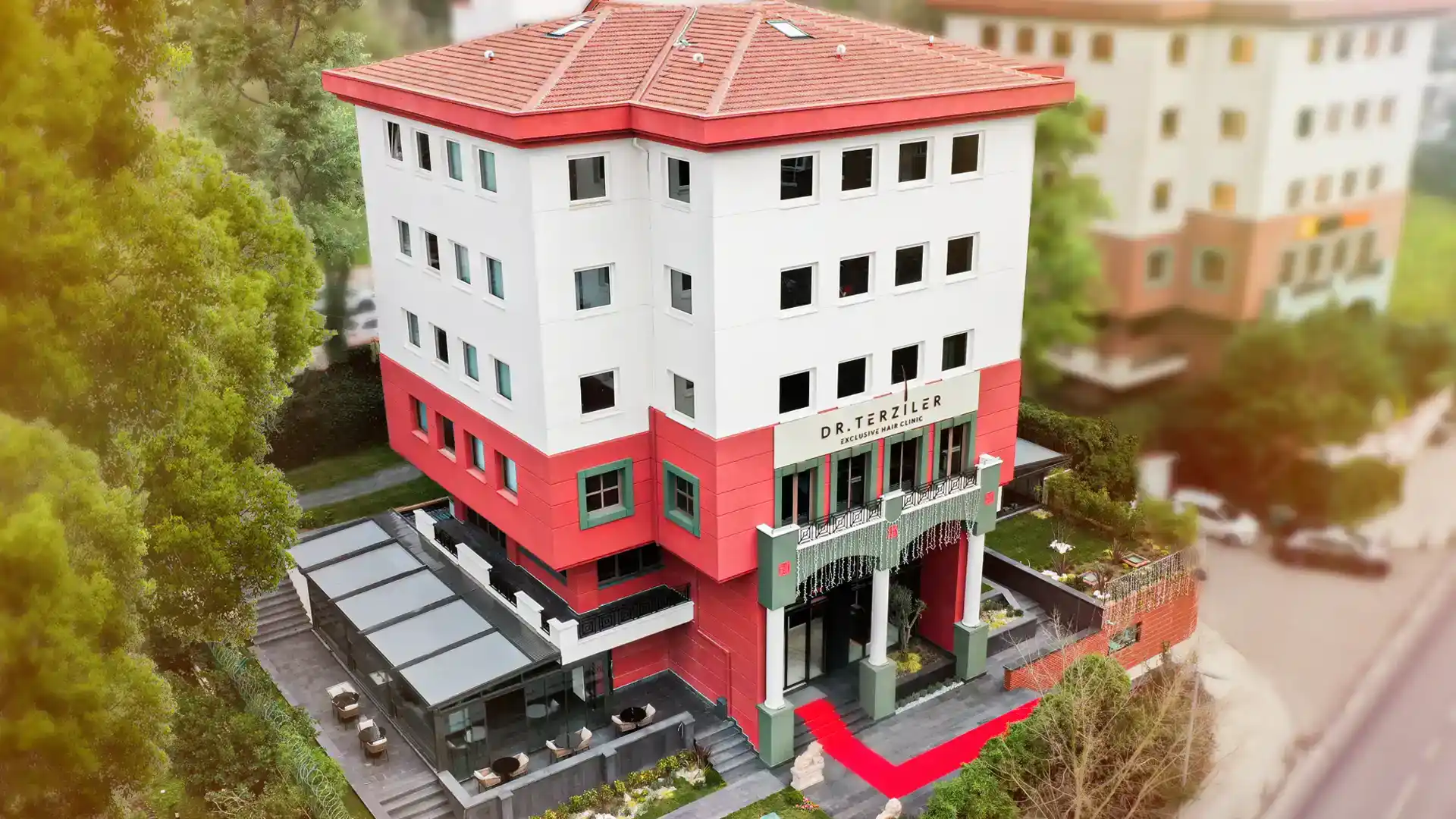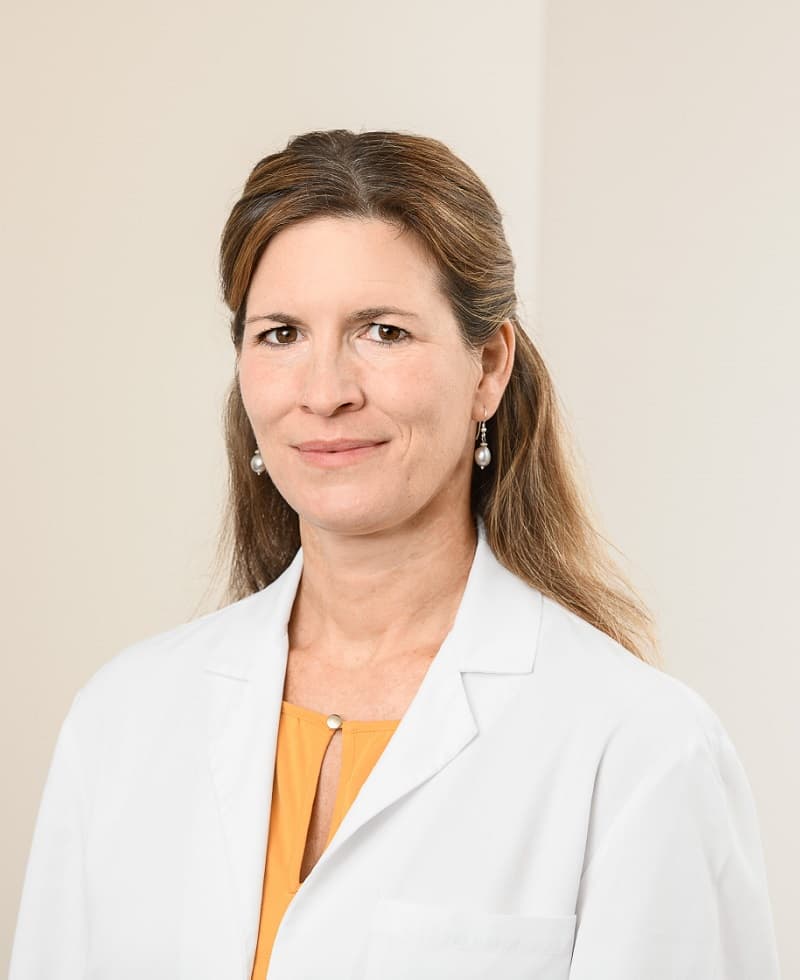Treatment Abroad – Find Verified Clinics, Reviews & Prices
Treatment Abroad made simple by A-Medical. Explore top clinics worldwide and start your journey toward better health today
We make healthcare abroad
simple, transparent, and fully guided from start to finish
Submit Your Request
Tell us about your treatment needs. We carefully review your case and match you with the most suitable hospitals and doctors.
Get Official Price Quotes
We provide verified treatment offers and proformas directly from hospitals — no middlemen, full transparency.
Connect with Doctors
We arrange direct calls or video consultations with hospitals and doctors so you can discuss your treatment plan confidently.
Confirm & Start Treatment
Once you accept the treatment plan, we schedule your hospital appointment and support you throughout your medical journey.
Clinics
Discover our network of world-class medical facilities offering comprehensive healthcare services
Why Choose Us
With us, you are in safe hands. We focus on quality, transparency, and patient-first care. Here’s what sets us apart
Only Accredited Hospitals
We partner exclusively with internationally accredited and top-ranked hospitals.
Direct & Transparent Payments
You pay directly at the hospital, with no hidden fees.
Free Direct Call & Video Consultation
Speak with our experts and doctors before making any decisions.
Best Doctor & Hospital Match
We carefully select the most suitable specialist and clinic for your treatment needs.
Worldwide Hospital Network
Access to a vast global network across 90+ countries.
More Affordable Pricing
We negotiate better prices from hospitals than you would get by contacting them directly.
Medical Conditions
Explore our comprehensive coverage of medical conditions and find the right treatment options
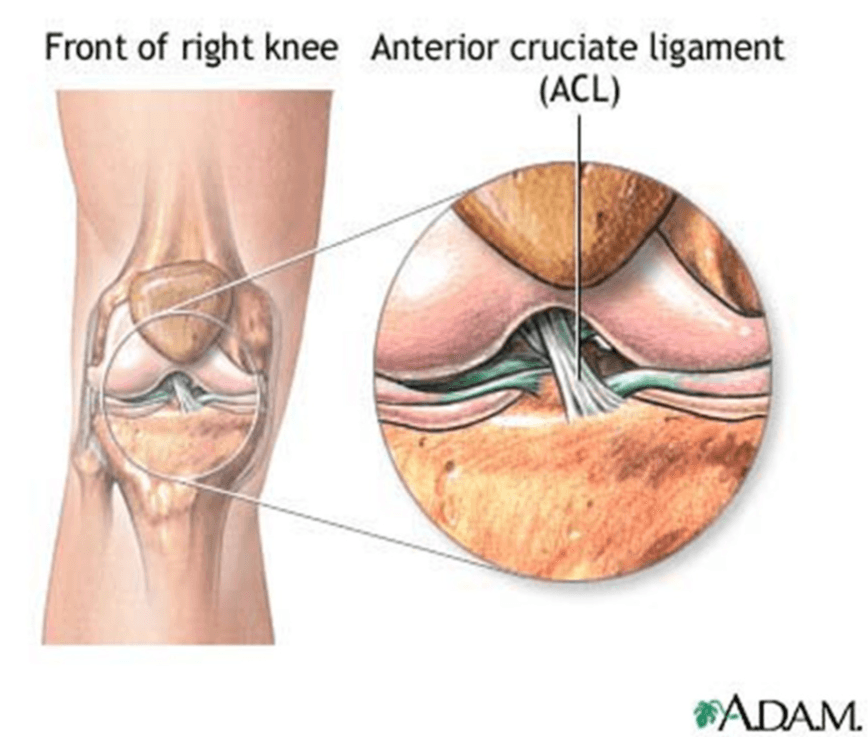
Knee ACL Injury
Knee ACL Injury

Encephalitis (inflammation of the brain)
Encephalitis (inflammation of the brain)
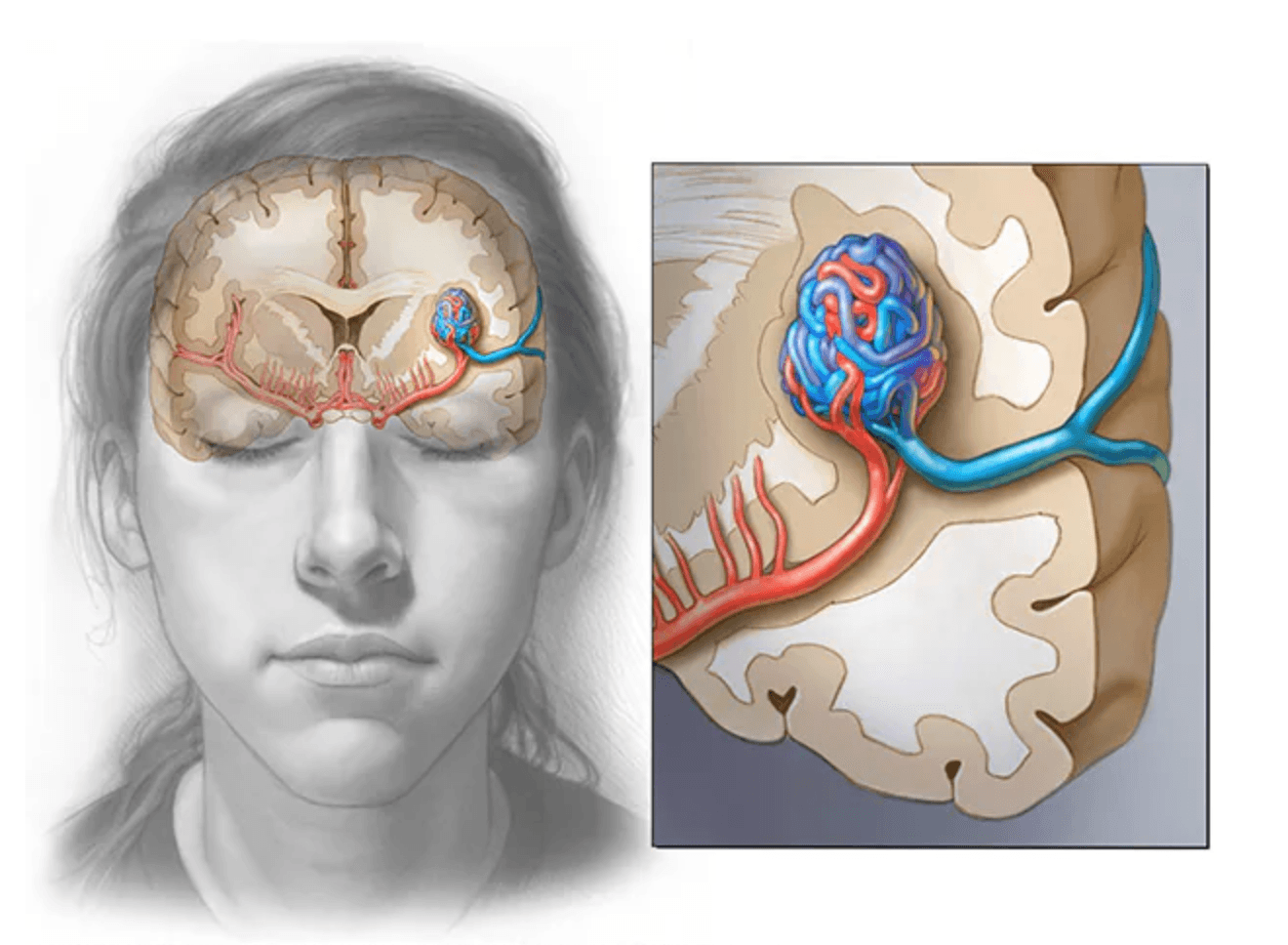
arteriovenous malformation (AVM)
arteriovenous malformation - AVM
Get a free consultation
Talk to our experts and discover the best solution for your needs completely free of charge.

Related Articles
Stay informed with our latest medical insights and health tips
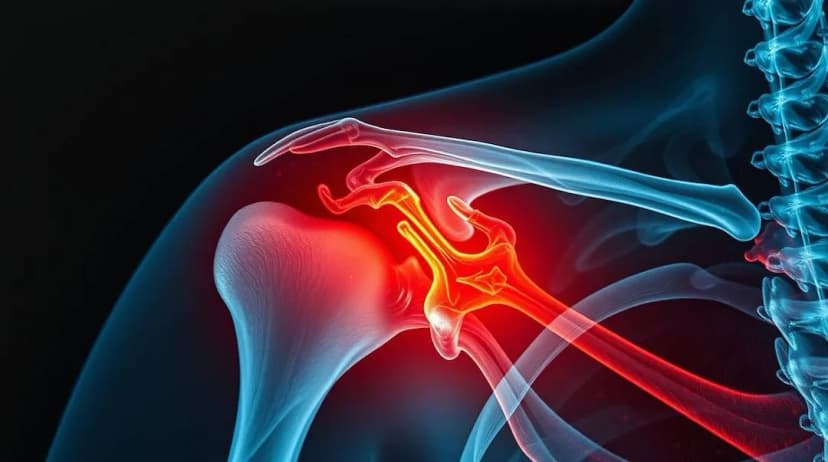
How Much Is Stem Cell Therapy for Rotator Cuff Tears in 2025?
Stem cell therapy for rotator cuff tears has become a preferred option in recent years, especially as it helps improve mobility and reduce pain without requiring invasive procedures.

Immunotherapy in Turkey - Best Clinics & Costs
Immunotherapy in Turkey is a vital aspect of cancer treatment, complementing drug therapy by enhancing the immune system to identify and eradicate cancer cells when required.
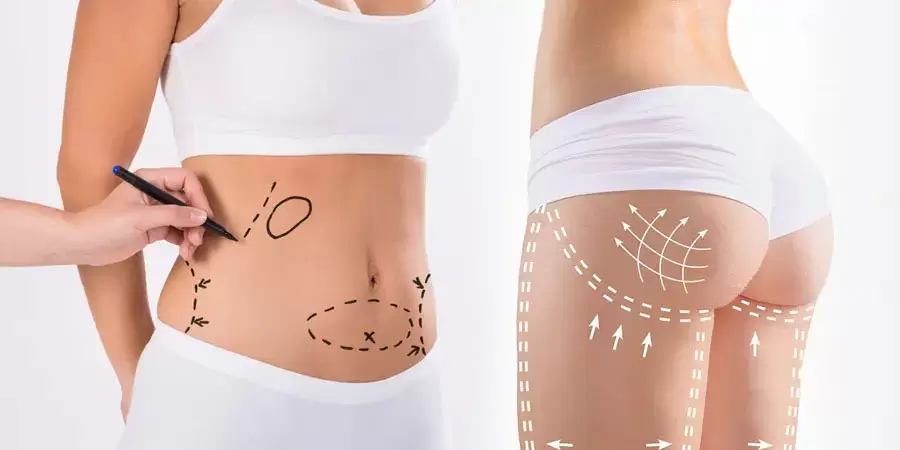
Can You Get a Tummy Tuck and a BBL at the Same Time?
Are you curious about whether you can combine a Brazilian Butt Lift (BBL) with a Tummy Tuck (Abdominoplasty) to achieve a more defined hip and a flatter stomach? It's a common question that many peopl...
Our doctor is highly skilled and an expert in their field.
